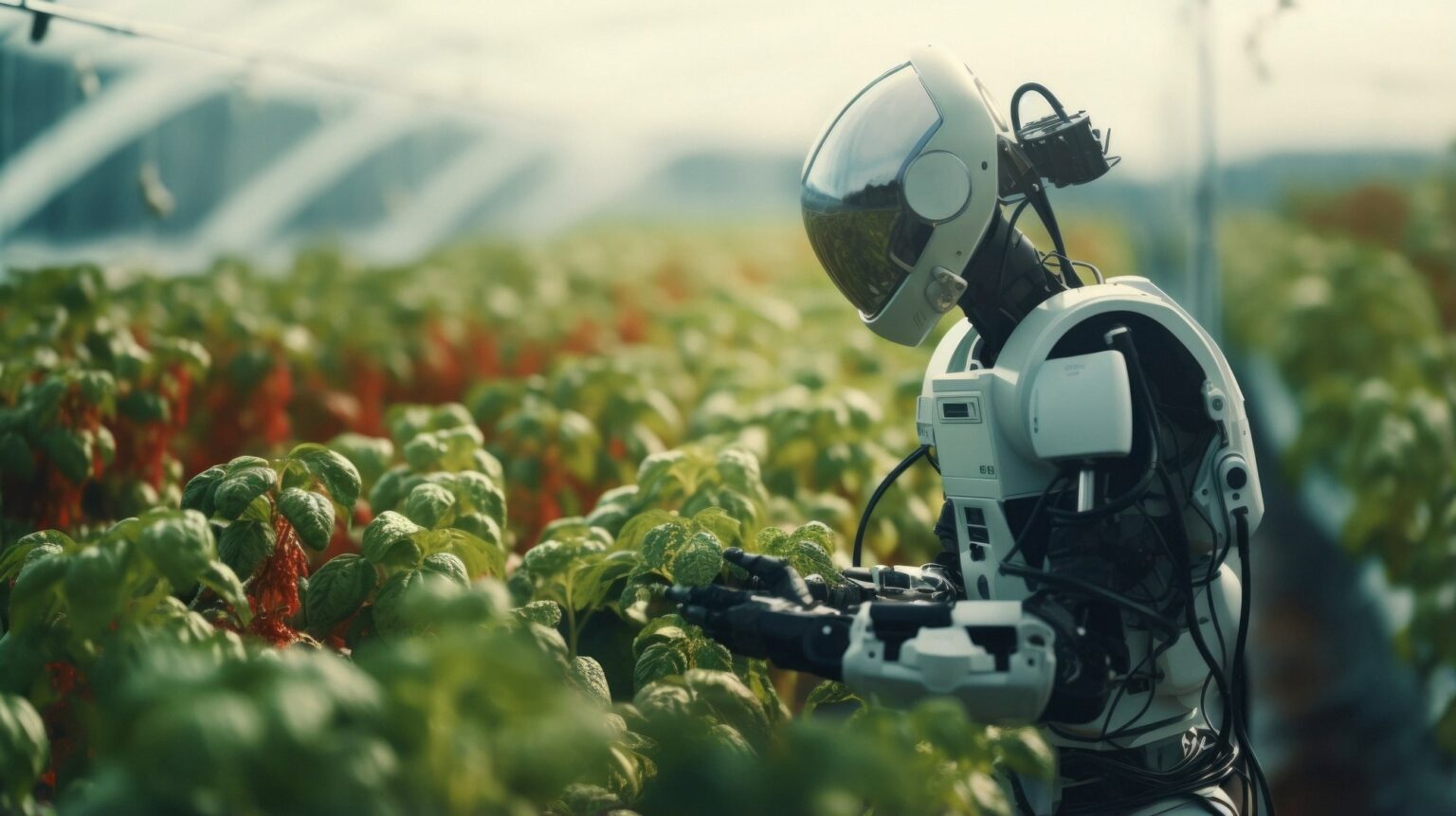Agriculture 4.0: AI-Driven Precision Farming, Crop Monitoring, and Sustainable Agriculture Practices Redefining the Agri-Tech Landscape” explores the transformative impact of artificial intelligence (AI) and precision farming technologies on agriculture, enabling farmers to optimize crop management, enhance productivity, and promote sustainability. Here’s an overview of the key themes covered in this exploration:
Precision Farming:
- AI-Enabled Decision Support: Leveraging AI algorithms to analyze agricultural data, such as soil health, weather patterns, and crop growth metrics, to provide real-time insights and recommendations for optimizing farming practices, resource allocation, and yield optimization.
- Remote Sensing Technologies: Deploying remote sensing technologies, including satellites, drones, and IoT sensors, to collect high-resolution data on soil moisture, crop health, pest infestations, and field conditions, enabling precision agriculture management at scale.
Crop Monitoring and Management:
- Automated Crop Monitoring: Using AI-powered image analysis and computer vision algorithms to monitor crop health, growth stages, and stress factors from aerial or ground-based imagery, enabling early detection of issues and targeted interventions.
- Predictive Analytics: Employing predictive analytics models to forecast crop yields, pest outbreaks, and disease prevalence based on historical data, environmental factors, and agronomic practices, enabling proactive risk management and decision-making.
Sustainable Agriculture Practices:
- Resource Optimization: Optimizing resource usage, such as water, fertilizer, and pesticides, through AI-driven precision application systems that deliver inputs precisely where and when needed, minimizing waste and environmental impact.
- Regenerative Agriculture: Embracing regenerative agriculture practices that promote soil health, biodiversity, and carbon sequestration, leveraging AI technologies to monitor soil quality, enhance crop resilience, and improve ecosystem services.
- Climate Resilience: Building climate-resilient agricultural systems by integrating AI-based climate modeling, weather forecasting, and adaptive management strategies to mitigate the impacts of climate change on crop production and food security.
Data Integration and Decision Support:
- Farm Management Platforms: Implementing integrated farm management platforms that consolidate data from multiple sources, such as IoT sensors, weather stations, and machinery, to provide farmers with comprehensive insights and decision support tools for optimizing farm operations.
- AI-Powered Recommendations: Offering personalized recommendations and actionable insights to farmers through AI-driven decision support systems that consider individual farm characteristics, agronomic practices, and environmental conditions to improve productivity and profitability.
Collaboration and Knowledge Sharing:
- Farmers’ Networks: Facilitating knowledge sharing and collaboration among farmers, agronomists, researchers, and industry stakeholders through digital platforms, forums, and peer-to-peer networks to exchange best practices, innovations, and lessons learned.
- Public-Private Partnerships: Promoting public-private partnerships and initiatives that support technology adoption, capacity building, and infrastructure development in agriculture, fostering innovation ecosystems and enabling smallholder farmers to access AI-driven solutions.
Policy and Regulatory Considerations:
- Data Privacy and Security: Addressing data privacy, security, and ownership issues related to agricultural data generated by AI technologies, ensuring farmers’ rights and interests are protected while enabling data sharing for research, innovation, and public good.
- Ethical Use of AI: Establishing ethical guidelines and governance frameworks for the responsible development and deployment of AI technologies in agriculture, including transparency, accountability, and fairness principles to mitigate risks and maximize benefits for farmers and society.
Conclusion:
“Agriculture 4.0: AI-Driven Precision Farming, Crop Monitoring, and Sustainable Agriculture Practices Redefining the Agri-Tech Landscape” underscores the transformative potential of AI-driven precision agriculture in revolutionizing farming practices, promoting sustainability, and addressing global food security challenges. By harnessing the power of AI technologies, stakeholders can optimize resource use, enhance crop productivity, and build resilient agricultural systems capable of feeding a growing population while safeguarding the environment and natural resources for future generations.



